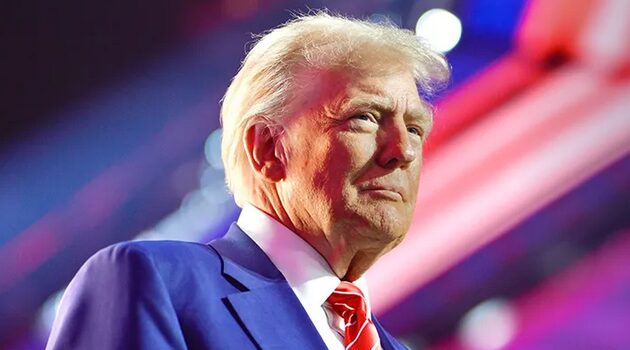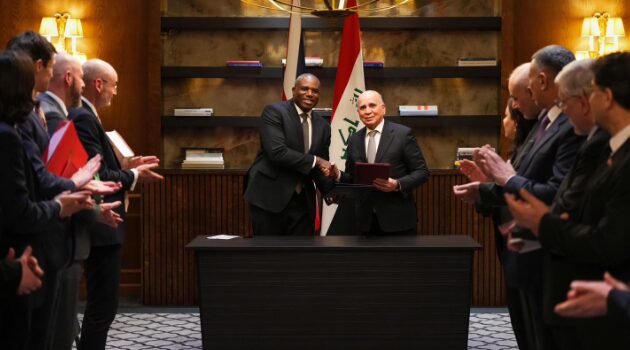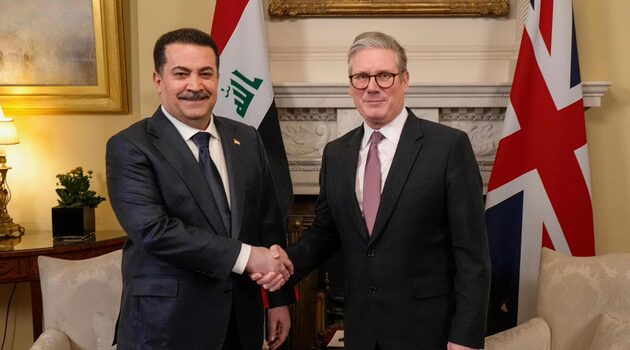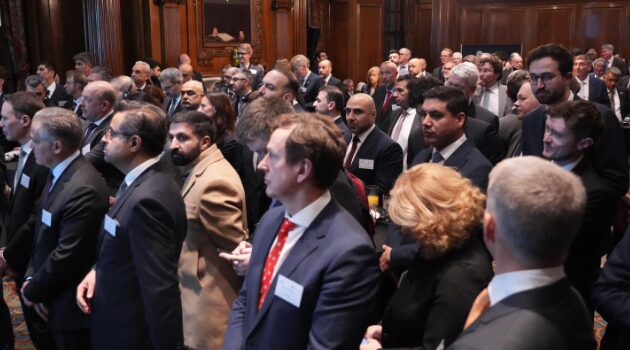Last month, Iraq Business News published an insightful article delving into the intriguing connection between support for Donald Trump and the persistent belief in the Iraqi Dinar (IQD) revaluation theory. This theory suggests that the IQD could undergo a massive revaluation, increasing its value by as much as 1,000 times its current rate.
The Context: Trump’s Presidency and the Revaluation Hopes
As Donald Trump was sworn in yesterday as the 47th President of the United States, discussions around the revaluation theory have gained renewed momentum among his supporters. Many believe that his administration could pave the way for what they see as an unprecedented financial event—the revaluation of the Iraqi Dinar.
Supporters of the theory argue that the economic policies of Trump, combined with his promises of restoring American financial dominance, could align with global financial shifts to boost the value of the IQD. However, critics view this notion as speculative at best, pointing out the lack of substantial evidence supporting such a dramatic financial adjustment.
Analyzing the Revaluation Theory
The idea of the Iraqi Dinar’s revaluation has been circulating for years, often tied to theories of geopolitical strategy, economic reform, and international trade alignments. Proponents claim that the revaluation is inevitable due to Iraq’s vast oil reserves and ongoing infrastructure development, while skeptics emphasize the country’s economic challenges, including inflation, debt, and political instability.
Poll: Your Opinion on the Iraqi Dinar Revaluation
Given the renewed focus on this topic under Trump’s presidency, we invite readers to share their perspectives. Take a moment to participate in the poll below:
When will the Iraqi Dinar revalue by at least 1,000x?
- In the first 100 days of Trump’s presidency
- In the first year of Trump’s presidency
- Sometime during Trump’s presidency
- Not during Trump’s presidency, but after
- Never
Conclusion: Optimism vs. Realism
While the Iraqi Dinar revaluation theory captures the imagination of many, it is crucial to approach such claims with caution and critical analysis. Economic transformations of this magnitude are rare and require significant shifts in both domestic and international financial frameworks. As Trump’s presidency unfolds, only time will reveal whether these expectations are grounded in reality or remain a speculative fantasy.




